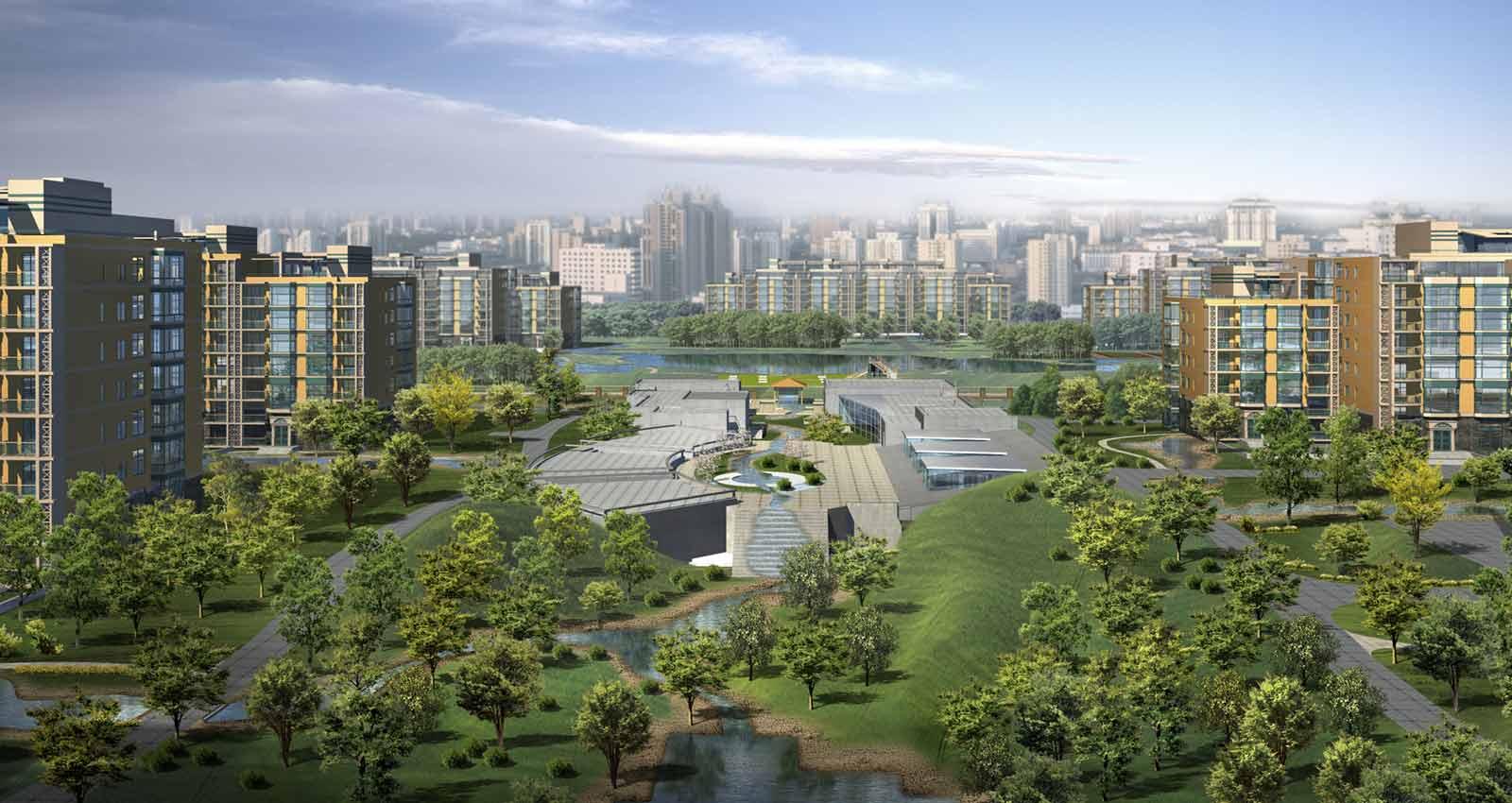As the world continues to progress, so does the need for cities that can keep up with technological advancements. Enter smart cities - urban areas that use advanced technology and data analysis to improve residents' quality of life while reducing environmental impact. Lahore, one of Pakistan's most populous and historic cities, is on track to become a smart city thanks to its ambitious master plan. In this blog post, we will explore what makes a smart city and how Lahore plans to implement its master plan in order to create a truly innovative community. So buckle up as we take you through an exciting journey into the future of urban living!
The Lahore smart city master plan
The Lahore smart city master plan was introduced in 2019 with the aim of transforming Lahore into a modern, sustainable, and technologically advanced urban center. The plan envisions creating an efficient transport system, promoting green spaces and clean energy, and improving public services through technology.
One key aspect of the master plan is to implement smart solutions for traffic management. This includes using intelligent transportation systems (ITS) to manage traffic flow, reducing congestion and travel time for commuters. Additionally, the plan calls for the development of dedicated bike lanes and pedestrian walkways to promote alternative modes of transportation.
Another important element of the Lahore smart city master plan is the use of renewable energy sources such as solar power. The goal is to reduce carbon emissions from traditional power generation methods while providing reliable electricity to residents.
Furthermore, there are plans in place to make Lahore a more livable city by increasing access to green spaces such as parks and gardens. These areas will be equipped with smart sensors that monitor air quality levels and ensure that they remain healthy environments for citizens.
Implementing this ambitious master plan requires significant investment in infrastructure development across various sectors including ICTs (Information Communication Technologies), transportation systems, water supply networks etc., which can potentially boost economic growth within the region.
What is a smart city?
A smart city is a concept that has been gaining attention worldwide in recent years. It refers to the use of technology and data-driven solutions to improve urban living, enhance sustainability, and increase efficiency.
Smart cities implement various technologies such as sensors, cameras, and other IoT devices throughout the city to collect data on factors like traffic flow, air quality, energy consumption, waste management etc.
This real-time data enables authorities to make informed decisions about how best to allocate resources and manage services. For example, adjusting traffic signals based on congestion levels or optimizing public transport routes for maximum efficiency.
Moreover Smart cities also aim at improving citizen engagement by offering online platforms where citizens can share feedback or report issues like potholes or broken street lights effortlessly.
Overall,simply put a smart city is one that leverages technology for better outcomes in terms of economic growth ,sustainability ,citizen participation and overall standard of living .
How to implement the Lahore smart city master plan?
To implement the Lahore smart city master plan, a collaborative effort is required from all stakeholders involved, including government officials, private sector investors, and local communities. The first step towards implementation involves identifying key areas that require attention and investment.
One crucial aspect of implementing the Lahore smart city master plan is to ensure that infrastructure development aligns with environmental sustainability goals. This involves investing in renewable energy sources such as solar power plants and promoting more sustainable modes of transportation like electric vehicles.
Another important factor to consider when implementing the Lahore smart city master plan is ensuring that residents have access to high-quality public services. This includes providing reliable water supply systems, efficient waste management solutions, and effective healthcare facilities.
Furthermore, it's essential to create an enabling environment for innovation by supporting research institutions and fostering partnerships between academia and industry players. This will help drive technological advancements in various sectors such as agriculture technology (AgTech), healthcare technology (HealthTech), and financial technology (FinTech).
Ultimately, successful implementation of the Lahore smart city master plan requires a long-term vision that prioritizes sustainability while also catering to the needs of its citizens. By adopting a forward-thinking approach combined with collective efforts from all stakeholders involved, we can achieve our goal of building a smarter future for Pakistan’s cultural capital – Lahore!
Conclusion
The Lahore smart city master plan is a comprehensive and innovative approach to urban development in Pakistan. It offers a vision for sustainable growth, technological advancement, and enhanced quality of life for the citizens of Lahore.
Implementing such an ambitious plan will require collaboration between government authorities, private sector investors, and community stakeholders. A phased approach with clear timelines and milestones can help ensure successful implementation while minimizing disruption to daily life in the city.
By adopting cutting-edge technologies such as IoT sensors, AI analytics, renewable energy sources, and efficient waste management systems, Lahore can become a leading example of what a modern smart city should look like.
As we move towards an increasingly digital world with new challenges emerging every day – from climate change to pandemics – investing in smart cities has never been more critical. We hope that this article has provided you with useful insights on how to implement the Lahore smart city master plan and contribute towards making our cities more livable places for everyone.
